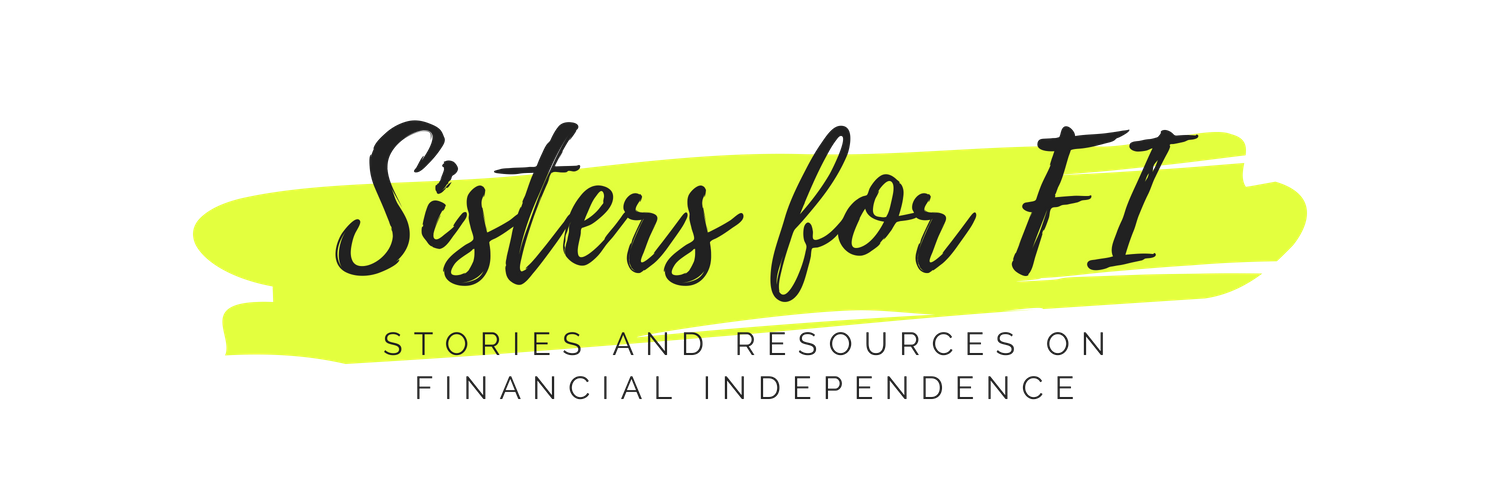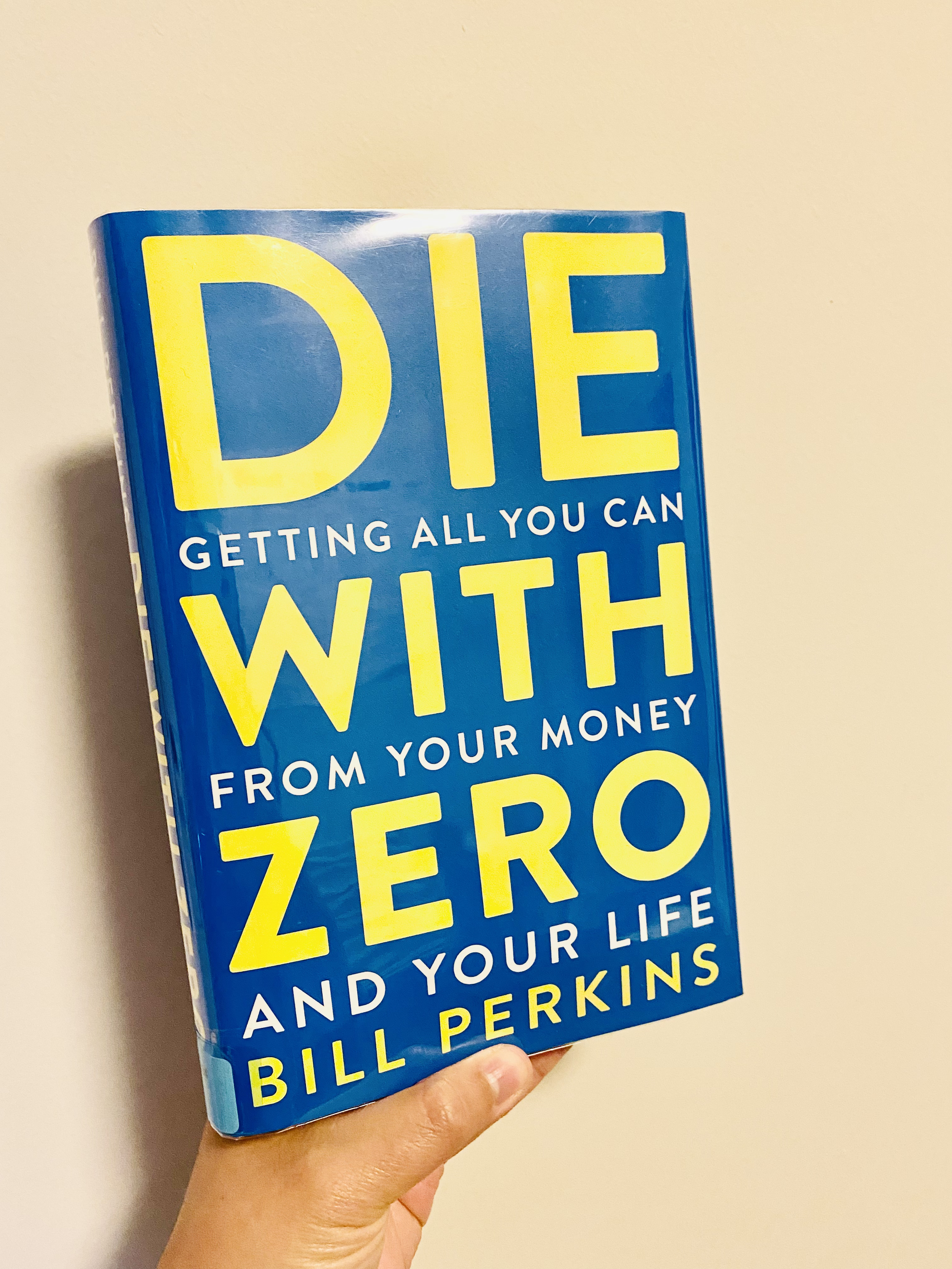Book Review and Summary: Women & Money by Suze Orman
"Put a value on what you do and do not let anyone to undervalue you."
Book Review and Summary: Women & Money by Suze Orman
The last book of the year in the Book of the Month Series is Suze Orman’s Women and Money: Be Strong, Be Smart, Be Secure. I’m a fan of Suze Orman. It was her book Young, Fabulous and Broke that actually started my FI journey many years before FI was even a term for the mainstream. That book was given to me by my mother when I graduated college back in 2005. I didn’t know it then, but I followed a lot of the action items in the book and that formed the financial foundation from which I stand on today. Suze Orman ruffled some feathers in the FI community last year when she came out of retirement to denounce the FIRE movement. You can listen to that here and follow some responses from Mr. Money Mustache and Coach Carson about what she got wrong and what she got right.
This post contains affiliate links. See Disclosures for details.
Women & Money
The first version of this book was published back in 2007. I remember reading it, but at that point in time, I was in a completely different mindset and I glossed over most of the topics. Fast forward to 2019 and I now see many of the topics having some relevance in my life. The book offers Suze Orman’s Financial Empowerment Plan, which is split up into 4 components:
Protect Yourself
Spend Smart
Build Your Future
Give to Others
In Protect Yourself, Suze talks about the importance of building an emergency fund, having adequate life insurance and the must have documents necessary in case something happens to you. When I read the first version of the book, I think the only thing that stood out to me was the importance of the emergency fund. I was young, invincible, who needs life insurance? Now, with a 6-month old in the house, protecting her and having financial security is more important than ever.
Today, we all have the power to eliminate multi-generational financial stress.
Under Spend Smart, Suze discusses home buying, car buying, college and spending in a way that won’t allow you to be a financial burden to your children. She stresses a very important point in this chapter: Today, we all have the power to eliminate multi-generational financial stress. I found this really powerful as part of my goal for pursuing FI is to raise second and third generation FI. My parents, who came to this country from the Philippines in the 1990’s were all about financial survival in the early years. Over the years, they learned to save AND invest not only their money, but in themselves and in their kids as well. (That’s why my mom gave me the Young, Fabulous and Broke book when I graduated.) Suze always stresses that if you don’t save enough save enough for retirement, your kids will need to step in and provide financial support. This is also a very important lesson as many women, including myself, will have kids later in life and will find themselves sandwiched between having to take care of children and aging parents. For many cultures, taking care of parents is part of the norm, and it think it’s important that we do take care of people who have made sacrifices to take care of us, but I don’t think it has to be at the detriment of our own financial well being.
In Build Your Future, Suze talks about the importance of contributing to a retirement plan and investing. The book emphasizes that retirement security is now our responsibility. Social Security was never meant to be the primary source of retirement. This chapter feels like any other chapter from all of the personal finance books I’ve read. One thing I would add to this section is going back to the value of time. The money you save and invest today can buy you time in the future. Money saved doesn’t always have to be for retirement in your old age, it can be retirement in your youth.
In the last component, Give to Others, Suze talks about the importance of giving back without risking your own financial well being. I think this was a good chapter, especially for women as we tend to sacrifice ourselves for others. I know many of us would forgo certain basic needs to ensure our children get what they want and need. Many of us will co-sign for relatives at the risk of damaging our credit. Many of us will go into debt to ensure our kids have the best education. I remember my old religion teacher always used to tell us to “give until it hurts,” but I don’t agree with this. We all have to be mindful of our own generosity. It’s good to give, but not at the expense of our own financial security. Financial security is important for the peace of mind it brings, but also for how it can be used to help others. At one point, you can’t keep giving from an empty pot.
Suze’s Rules for Giving:
It's a gift, you don't want anything back. (Sadly, this is not the case all of the time as people use gifts as a means of power or guilt.)
You must feel strongly that your gift is the offering.
The gift should never cause harm the giver.
It must be done consciously. Be aware how it will affect the giver. It must not be a burden.
It must be done at the right time.
The gift must come from an empathetic place.
Say Your Name
Suze mentioned that she wanted to revise this book in the light of the #MeToo movement. She wanted to empower women to own up to their own value and get paid what they are worth. She encourages women to PRESENT YOURSELF, SAY YOUR NAME and TAKE CONTROL of YOUR OWN DESTINY. I’m glad she had a section on this because as I write this at the closing of 2019, personal finance and money conversations continue to be a taboo subject at the dinner table and in many other places. Women have come a long way from receiving their own rights, including the right to open their own bank account. It’s important that as more women gain financial independence that we continue to teach the younger generation how to manage their money well and how to get paid for their worth. Women are capable and knowledgeable and need to be paid their value.
It’s also important to recognize the immense value of stay-at-home moms (and dads) out there. Many stay-at-home moms take care of the daily budgeting and expenses, but they rarely share in the long-term planning decisions. It’s time to change this! Women should know how much is being saved for retirement, how it’s being invested, if life insurance coverage exists and to know that other key estate planning documents are in place. Budgeting is just part of the equation and for the year 2020 and beyond, we all should be working towards financial independence and security for ourselves and our families.
Suze then ties in money habits to her definition of the Eight Qualities of a Wealthy Woman:
Harmony
Balance
Courage (speak your truth, negotiate)
Generosity (give freely without risking your own well-being)
Happiness
Wisdom
Cleanliness (clutter is distraction and wasted money/time/resources)
Beauty
I’m happy to have picked this book up again, especially years later. I think that’s why I like to read books on the same topics because I know certain topics will not be relevant to me at a certain point in time, but they will be down the line. I would recommend this book for both men and women. Despite the storm she caused in the FIRE community, I continue to be a fan of Suze, mostly because she was one of the first personal finance “gurus” I had ever heard of and having her books around our house pushed me a bit to read them and take action.
This concludes the last book of the year. Check out some of the past book reviews and summaries. For 2020, I’ll be focusing on books written by women of color and socially conscious investing. Let me know if you’ve got a suggestion in the comments or send me a message if you want me to review your book.
Have you read this book? What did you think?















